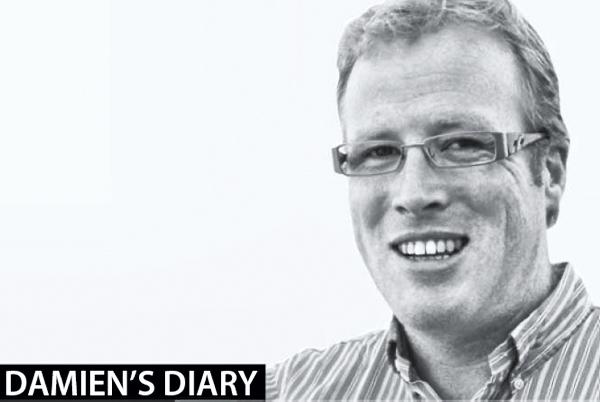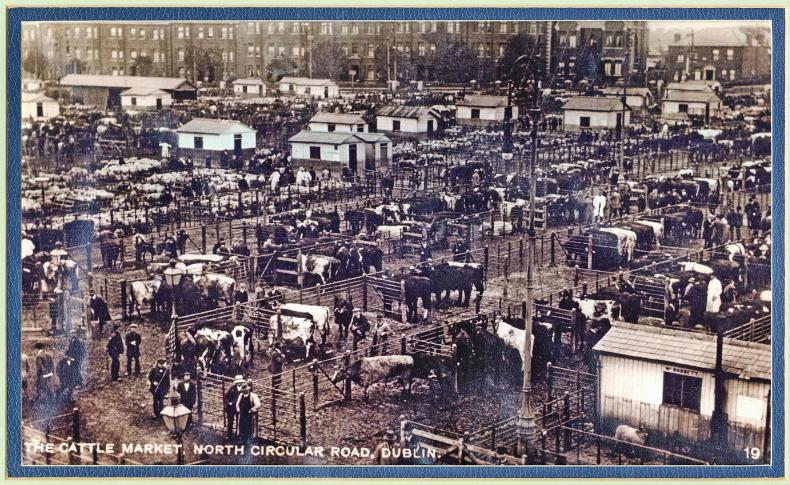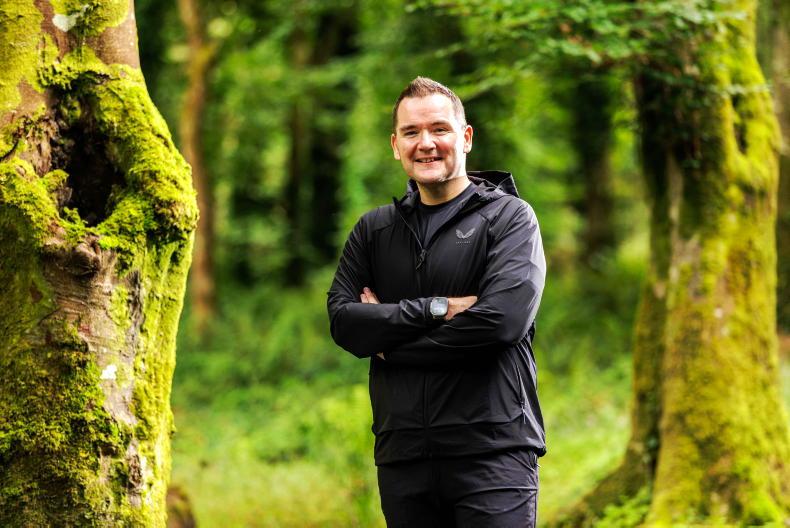At risk of sounding unpatriotic or unlearned, whatever was taught to me in school about the 1916 Rising either went right over my head or else wasn’t part of the lessons at all. I can’t remember which. But I venture the opinion that I’m not alone among my generation and the generation before me in admitting that up until the recent refresher course courtesy of the centenary celebrations and the coverage that has gone with it, I would have struggled to name all of the signatories to the Proclamation. It was as if 1916 was an event that dared not speak its name, until now.
It is probably true to suggest that we weren’t taught about 1916 properly in school. And whatever about my generation, I discovered from some older guests at an RTÉ discussion to mark the centenary which I chaired that it was mostly glossed over in school for them too. From the Lockout to the Civil War, it was a period in Irish history which, depending on your teacher, remained taboo even for the school curriculum, until now. You could bet that primary school children today probably know more about 1916 than their grandparents.
And about time. This opening up about a very significant time in our history has also allowed us to officially win back symbols of our nation lost to the Troubles. One guest recently noted at that RTÉ event that Jack Charlton should be credited as the man who won back the Irish flag from the IRA for the Irish people.
Indeed, go back to the 1980s and the sight of a tricolour flittering from the window of any house arguably identified that dwelling as being in sympathy with the provos. Those not old enough to remember the conflict in Northern Ireland might laugh but it can be debated that the Irish flag was hijacked by the Provisional IRA to the point that the rest of us couldn’t identify with it with the same sort of comfort or pride we do today.
The Proclamation was another symbol which didn’t adorn too many kitchen walls alongside JFK and the Pope. In those kitchens, pubs or hotel lobbies where it did, the pejorative reaction would have been that this reflected a staunch republican tendency.
The 50th anniversary of the 1916 rising was by all accounts a sobering affair in comparison to the commemorations of recent weeks. In fairness, RTÉ deserves some credit for bringing this celebration into our homes in a balanced and insightful way. It has allowed us all refresh our minds about what happened in 1916 and form our own opinions about its bravery or futility. And in my case, I have learned more than I did when I should have been listening in school.
Battling the bulge one step at a time
Every so often, a report is published accompanied with a shock headline regarding Ireland’s obesity time bomb. The latest study published in the UK medical journal The Lancet predicted that Irish men and women will be Europe’s fattest by 2025. Not what you would call a statistic of which we can be proud.
On the flip side, I joined almost 8,000 runners and walkers who took part in the Great Ireland Run in Dublin’s Phoenix Park last Sunday week. That sort of participation level would have been unheard of even 10 years ago. It was a fantastic event to be part of – if not somewhat fatiguing. And over the summer months, there will be more of these races attracting record numbers of participants. Amid the stats on fatness, we should not forget the positive stats on fitness.










SHARING OPTIONS